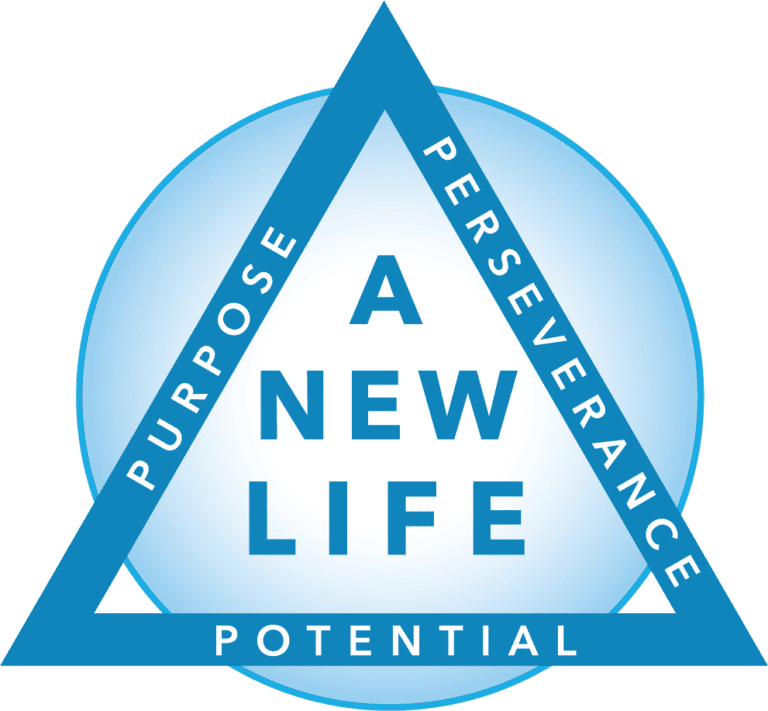Embarking on the sobriety journey is a courageous step towards reclaiming one’s life and well-being. However, maintaining sobriety in the face of challenges and temptations requires more than just abstaining from alcohol or drugs. It necessitates the establishment of healthy boundaries to safeguard one’s recovery and prioritize personal well-being. In this insightful blog, we’ll delve into the importance of setting boundaries in recovery and explore practical strategies for maintaining sobriety in the long term.
Understanding the Importance of Boundaries in Sobriety
Creating Structure: Establishing boundaries provides structure and stability in recovery, helping individuals stay focused on their goals and avoid potential or relapse triggers.
Protecting Sobriety: Set boundaries act as a barricade against harmful influences, toxic relationships, and environments that may undermine one’s sobriety.
Enhancing Self-Esteem: In recovery, setting boundaries provides an avenue through which people can prioritize their needs, values, and well-being, leading to self-respect and self-confidence.

Strategies for Setting Boundaries in Recovery
- Identify Your Triggers: Take some time to reflect on the specific people, places, or situations that make your cravings kick in or give you negative feelings about your addiction. It could be social gatherings where alcohol is present, certain individuals who usually encourage you to take drugs, or lots of stressful environments where you feel depression or anxiety. Once recognized, triggers help promote strategies’ development to avoid them or limit exposure, thereby lessening the regression probability.
- Communicate Your Needs: You must communicate your boundaries clearly if you want people around you, such as family members, friends, or co-workers, to know about this. Indicate what actions are within acceptable limits and what is not sufficient during such times of recovery. Be blatant about these boundaries so that anybody disrespecting them will be handled by you without fear.
- Practice Self-Care: Have self-care activities at your fingertips to maintain your mental health, emotional balance, and physical health. This includes regular exercise, a balanced diet, getting enough sleep, relaxing through yoga and meditation, and doing things that bring happiness to life. As far as your day-to-day program is concerned, set some boundaries so that it always remains first.
- Limit Exposure to Toxic Relationships: Cut off ties with all those would-be rituals like friends who do not support your sobriety or engage in behavior that undermines it. These include those who have not stopped using drugs and alcohol amongst close acquaintances or those who are unsupportive as well as judgmental towards any efforts you are making for recovery. Stick around with friends who encourage and appreciate your boundaries concerning your sobriety.
- Establish Healthy Routines: Have some orderly daily routines that will support your goals in recovery—for example, attending group meetings, therapy sessions, or any other activities geared toward recovery at specified times of the day. You should organize all your schedules to prioritize all the events while keeping them constant throughout the recovery process.
- Learn to Say No: Learn how to say no when realizing it may compromise your sobriety or well-being in general. There is nothing wrong with passing up some social occasions or obligations whose outcome could negatively affect your sobriety. It would help if you always remembered to put recovery first; thus, sometimes, one has a right to prioritize one’s needs above others’ expectations.
- Set Physical Boundaries: Establish physical boundaries to safeguard against relapse triggers. These might include not going to certain places where drugs and alcohol are found, removing any substances from home, and curfews set to avoid getting tempted during late-night hours, among many others. By setting clear physical limits, the chances of encountering triggers are reduced, thereby improving one’s chances of maintaining one’s condition for a long time.
- Seek Professional Support: If you cannot solve boundary issues independently, consult a therapist or counselor or join supportive groups specializing in this problem-solving procedure. In addition, by seeking help from such experts, one gets equipped with tools and strategies alongside practical tips guiding people through making and maintaining healthy limits within the rehabilitation period. They also assist in digging out underlying reasons leading to violations or struggles encountered while establishing oneself and knowing about setting boundaries.
- Assertive communication: It involves expressing your needs, opinions, and boundaries without sounding confrontational. Hence, assertiveness is the art of communicating one’s needs, opinions, and boundaries clearly but non-confrontationally. It may involve using “I” statements to communicate feelings straightforwardly, stating limits calmly and robustly, and not being too passive or aggressive for one’s good.
- Setting Boundaries: Boundaries can change as you get well. Since recovery is an ongoing process, it is important to reevaluate and adjust whenever necessary. Check your boundaries periodically to keep them working for you. If required, be open to changes; sometimes, a change of plans could bring about better paths toward healing that are more congruent with our present situation, conditions, or objectives.

A professional can support abstinence and self-care growth through these approaches in setting recovery boundaries. Always remember that drawing lines with others does not mean excluding them or being unyielding/strict but rather making yourself a priority to construct a solid basis to help you recover from any health condition safely.
Why Choose A New Life Sober Living
Are you now ready to prioritize this over your well-being and living life free from the substance abuse problem? In A New Life Sober Living, we provide the much-needed ambiance, nurturance, and support that any particular resident may need in search of rebuilding his life while remaining sober. Contact us today to learn more about our sober living programs and take the first step to a brighter, healthier future.





